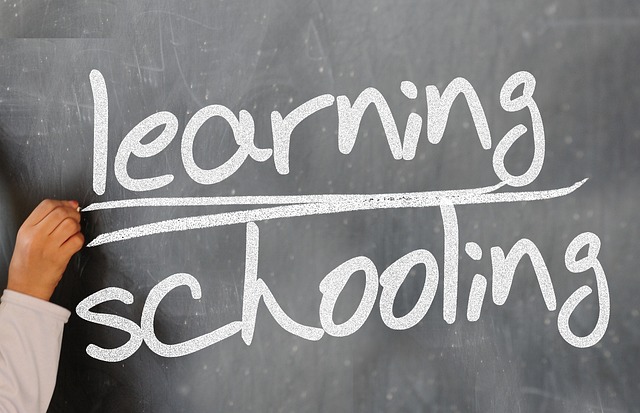What a Philosophy Degree Involves and Career Paths
A philosophy degree examines fundamental questions about knowledge, ethics, logic, and human values and trains students to read carefully, argue clearly, and analyze complex problems. In classroom discussions and written work, students learn to evaluate arguments, identify assumptions, and express ideas with precision. This combination of critical thinking and communication skills is applicable across many parts of education, university life, and later career choices.

What does philosophy education cover?
Philosophy education typically surveys areas such as ethics, epistemology (theory of knowledge), metaphysics, logic, and the history of philosophical thought. Courses introduce methods of close reading, argument analysis, and dialectical exchange, often using classic texts alongside contemporary writing. Assessment mixes essays, seminar presentations, and sometimes exams or philosophy-specific assignments. These core topics encourage students to consider how beliefs are justified, how values are grounded, and how reasoning can be structured.
Philosophy programs may also offer applied modules—like philosophy of science, philosophy of mind, or political philosophy—that connect abstract ideas to real-world debates in science, public policy, and technology. Such modules make the degree relevant to interdisciplinary study and prepare students for research or professional specializations later at university or beyond.
How is philosophy taught in the classroom?
Teaching in the philosophy classroom often balances lectures that provide context with small-group seminars where discussion is central. Seminars give students space to test interpretations, critique arguments, and respond to peers; instructors guide the conversation rather than just transmit facts. Tutorials or office hours allow for deeper feedback on essay drafts and argumentative techniques, reinforcing analytic habits of thought.
Active learning is common: students practice constructing and reconstructing arguments, spotting fallacies, and defending positions with evidence and reason. This classroom format cultivates oral and written communication skills and a disciplined approach to complex texts—abilities that are valued in many educational and workplace settings.
What to expect studying philosophy at university?
At university, a philosophy degree allows for concentrated study and often gives flexibility to take electives in related fields such as psychology, political science, literature, or computer science. Early years usually focus on fundamentals—logic, major philosophical traditions, and core problems—while later years let students pursue specialized topics or a dissertation. Assessment methods can vary by university but generally include essays, presentations, and sometimes supervised research projects.
Students also encounter opportunities for interdisciplinary collaboration, student societies, and research seminars, which can enhance the academic experience and help build networks. For many, university is where theoretical study is matched with practical skills like academic research methods, referencing standards, and public speaking.
How can a philosophy degree support a career?
A philosophy degree develops transferable skills attractive to employers: critical analysis, clear writing, problem-solving, ethical reasoning, and the ability to learn complex material quickly. Graduates often move into careers such as education, law, public service, journalism, consulting, and roles in technology or business that require analytical judgment. Employers value the degree’s emphasis on structured thinking and persuasive argumentation.
While a philosophy degree is rarely tied to a single vocational path, it pairs well with postgraduate training for professions that require further credentials (for example, teaching qualifications or legal training). Internships, extracurricular activities, and targeted electives can help bridge academic study and specific career goals in local services, non-profit organisations, or private sector roles.
How to apply philosophical skills beyond university
Beyond formal education, philosophical skills are useful for civic engagement, ethical decision-making at work, and personal deliberation. Techniques learned in philosophy—such as constructing sound arguments and recognizing biases—are applicable when drafting policy proposals, assessing research claims, or moderating debates in community and professional contexts. Alumni often highlight the degree’s role in improving their capacity to evaluate competing viewpoints and to communicate complex ideas to different audiences.
Practical next steps include joining discussion groups, contributing to student publications, seeking mentorship from faculty, and gaining experience through volunteering or internships. Continuing education options—short courses in logic, ethics in technology, or critical thinking workshops—can also reinforce skills for specific career tracks.
Conclusion
A philosophy degree offers structured training in reasoning, ethics, and argumentation, delivered through university coursework and classroom discussion. While not narrowly vocational, the degree builds versatile skills useful across education and many career paths. Students who combine philosophical study with practical experience and targeted electives can translate abstract learning into concrete professional opportunities.






